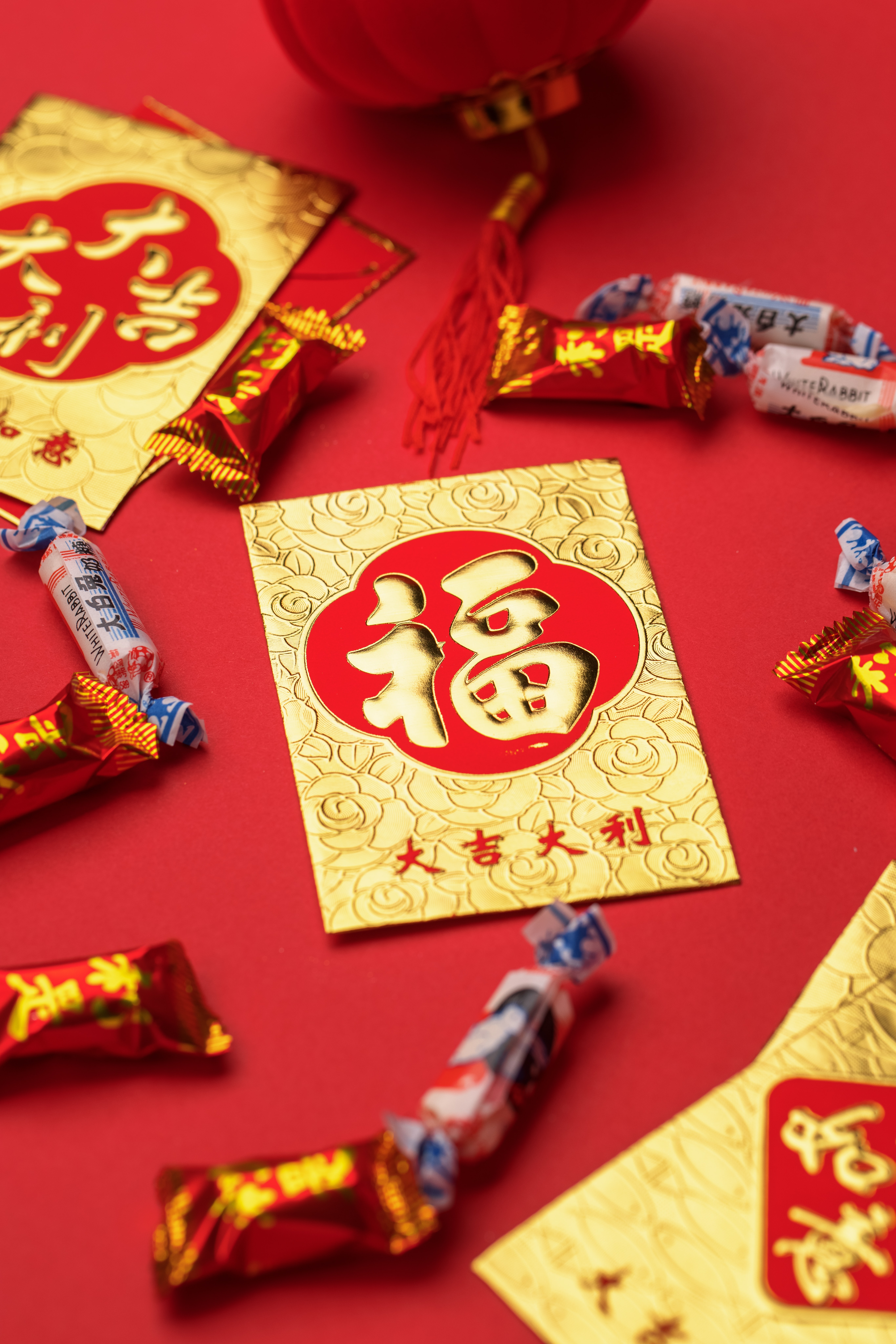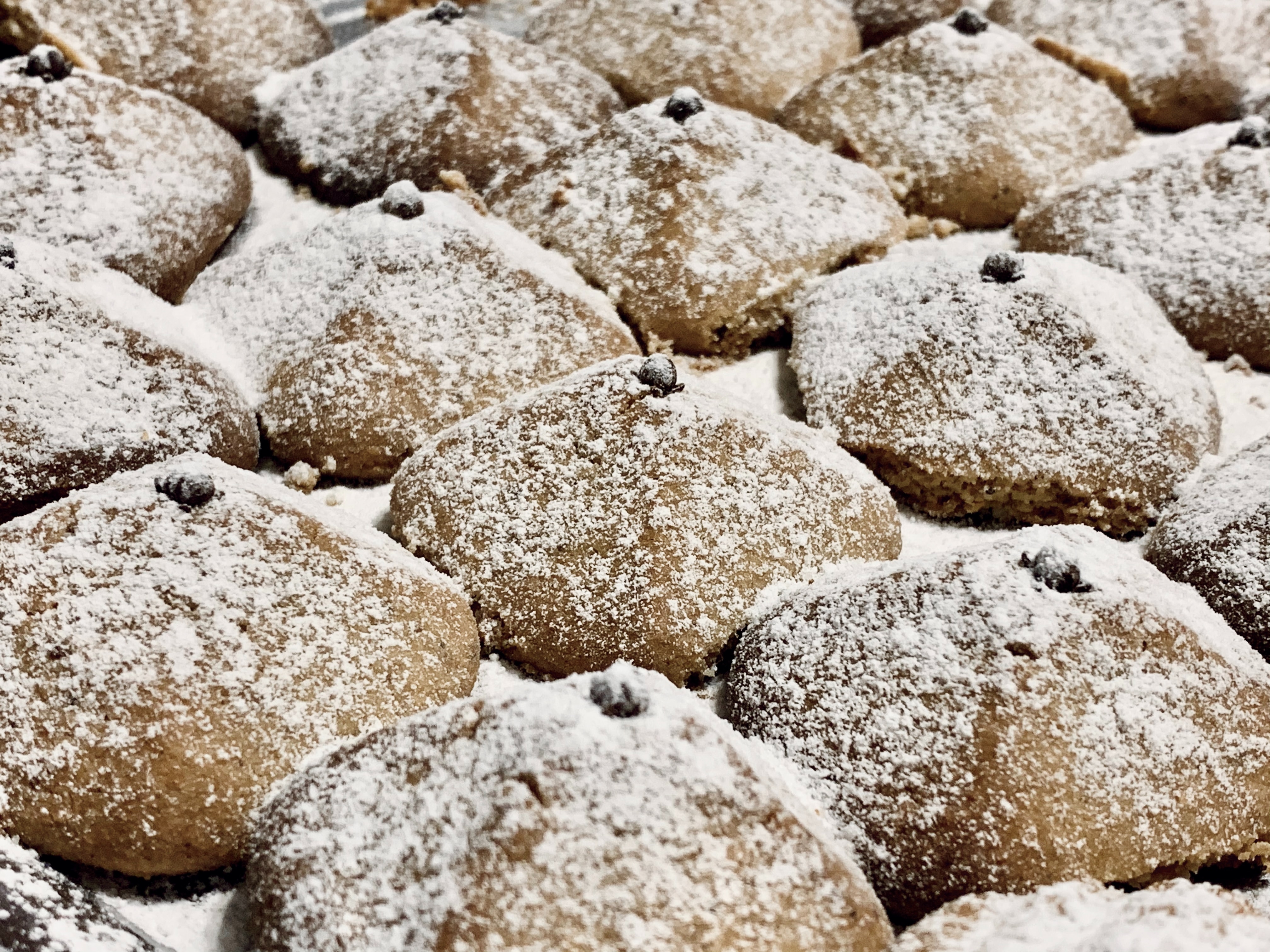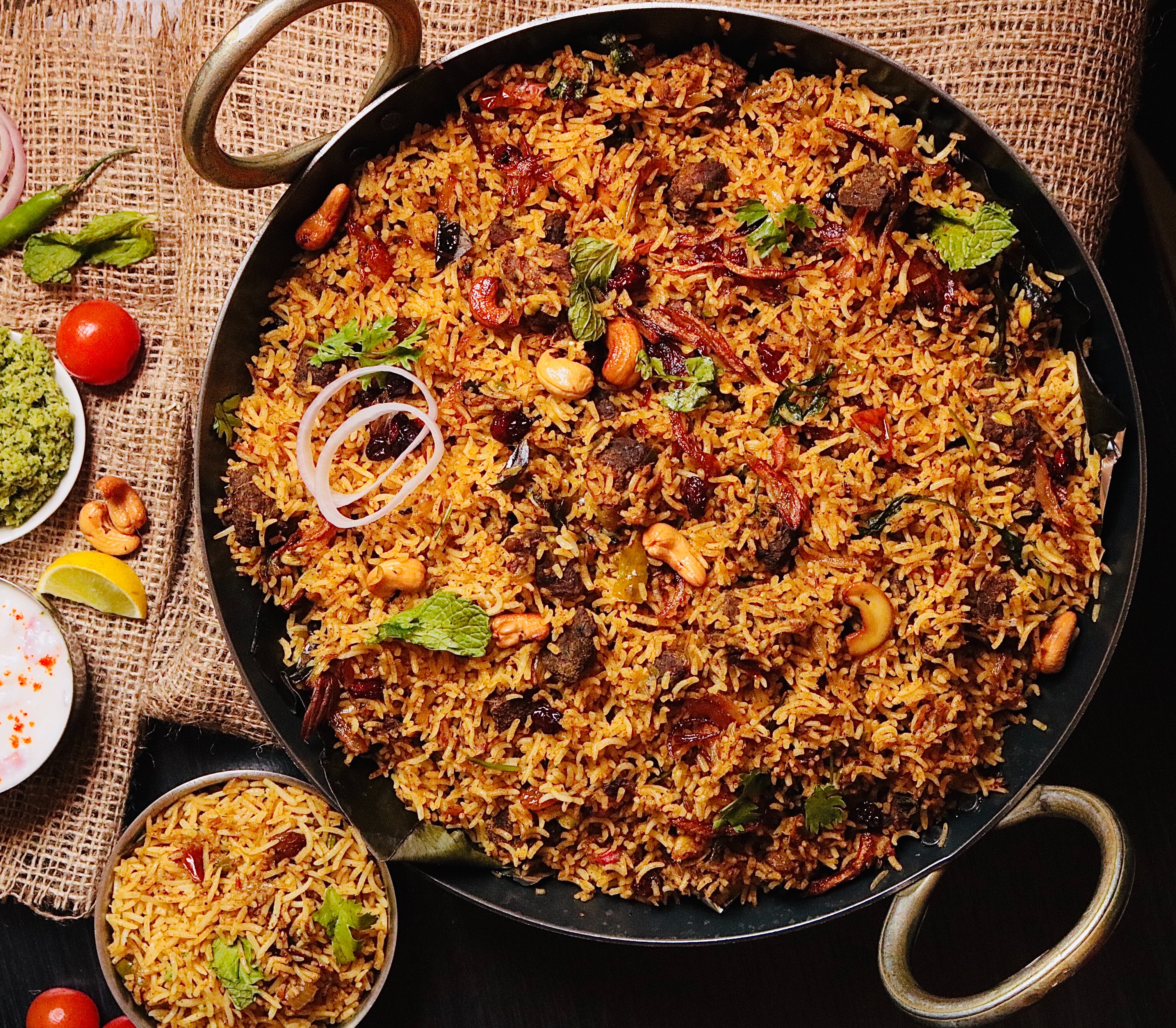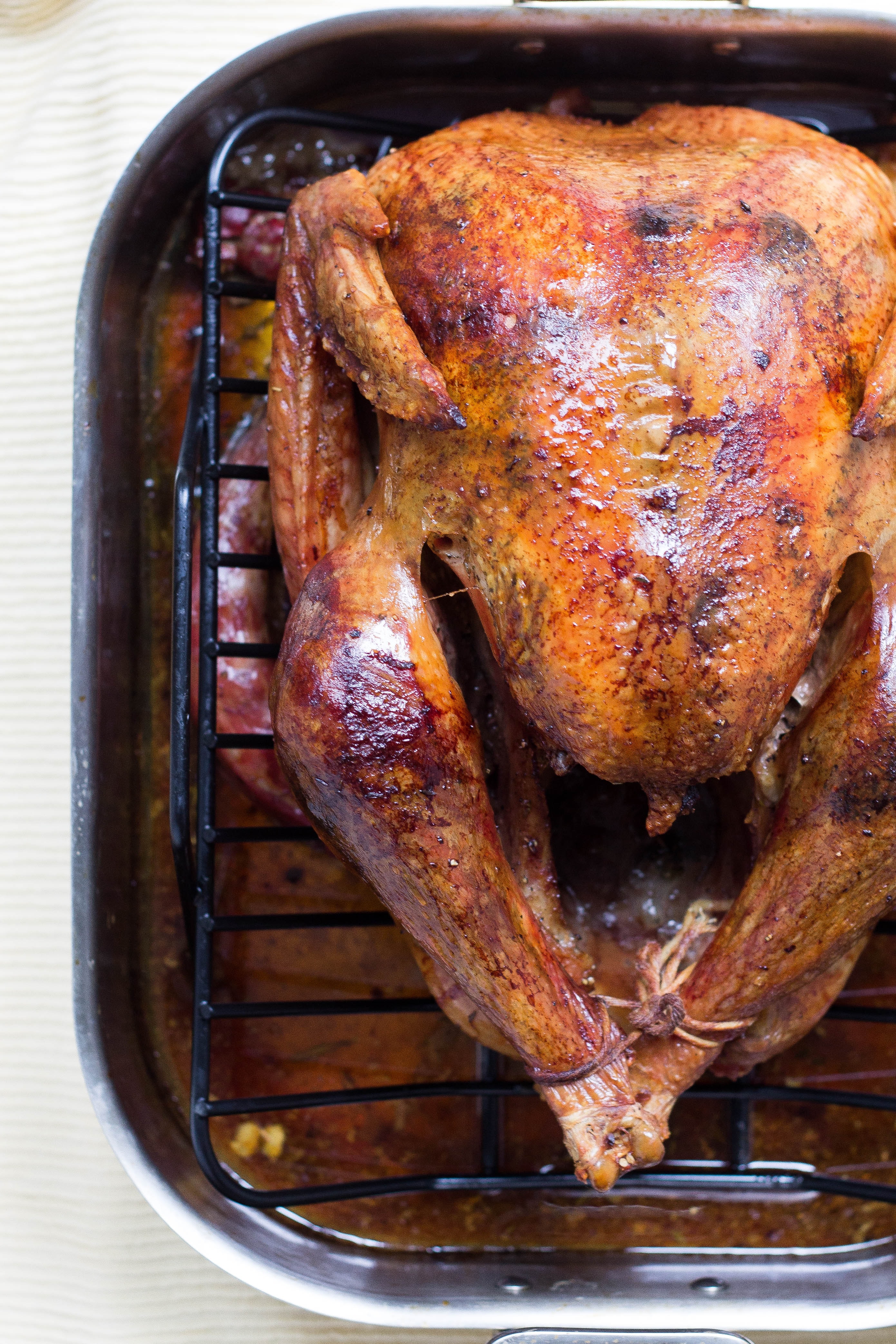As the giant trees bend and dance outside, and as the wind shivers my bones, I hear the chattering of my family members outside of my room, near the fireplace. The smell of freshly cooked dumplings, fish, spring rolls, and glutinous rice cakes, seeped into my room.
In the midst of the noisy and fast paced city, Chinese citizens tend to utilize Chinese New Year as a way to draw an end to the past year and greet the new year. The history behind this holiday dates back to 3,500 years ago, where it is said to have originated during the Shang Dynasty (1600-1046 BC), when people held sacrificial ceremonies in honor of gods and ancestors at the beginning or end of each year. Though the history behind the holiday might differ greatly from many American holidays, the Lunar New Year celebration is often seen as a combination of the American Thanksgiving and American New Year holiday, where families gather to celebrate for what they have awaiting in front of them, and what they are capable of letting go. However, different from many American holidays which have definite dates of celebration, Chinese New Year is fully dependent on the moon, hence why it is known as the Lunar New Year. On the lunar calendar, the first day of the month begins during the new moon — the start of the holiday, and thus the festivities often last until the following full moon.
During the holiday celebration, there are specific foods with intentional meanings behind them, and they are often the primary choices of food for celebration. For instance, my family often prepares fish (representing an increase in prosperity), chinese dumplings (wealth), spring rolls (wealth), and sweet rice balls (family togetherness).
Another Lunar New Year custom, yuan bao jiaozi (making dumplings with coins inside) is a tradition that is even often ignored by many Chinese individuals when celebrating the holiday. Particularly, during the process of hand making the dumplings, one coin will often be added to a random dumpling, so that when eating food during the nighttime celebration, the person who comes across the dumpling with the coin will be “granted” good fortune in the following year. This has become my favorite activity for the holiday, and thus also my favorite holiday dish.
More importantly, the lunar year celebration is an indication that in the midst of all the lamps and candles of all the myriad families out there, there is a warmly lit home left vacant for my embrace.






